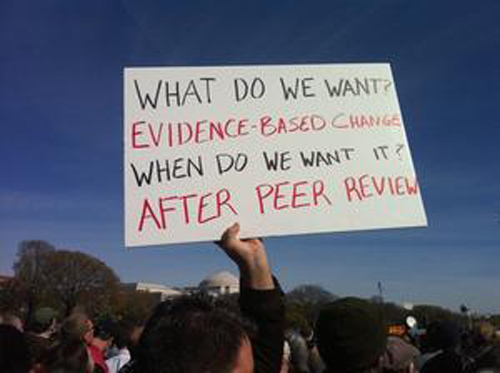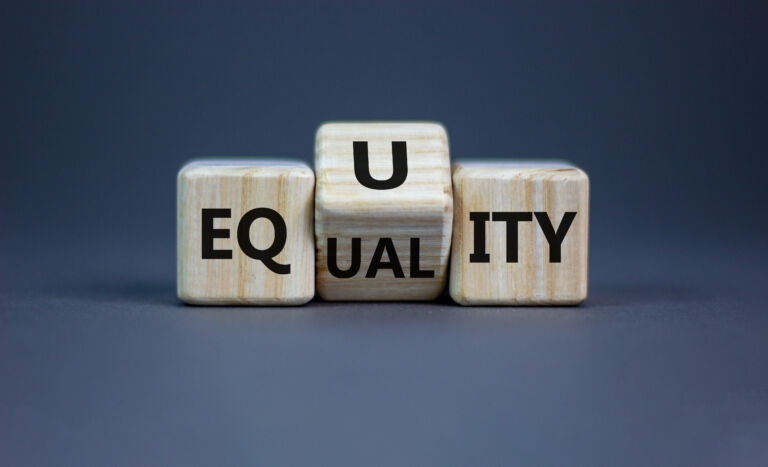
George Leef recently discussed the “crucial distinction between actually helping the poor and what politicians usually do, which is spending money or enacting laws that are supposed to make it look as if they’re helping the poor” (my emphasis).
It’s a topic I visit often because I believe that helping the poor should, if it does nothing else, actually help the poor. Policies put forth to help the poor should actually work to help the poor.
Those policies that fail — and they are legion, and they are invariably favored by the ironically titled “moral” movement — should not be kept in place on the thin basis of their having been instituted with good will toward the poor. At some point, if there is an actual desire to help the poor involved, failing policies should be abandoned.
Those who resist and refuse to abandon failing government programs that were supposed to help the poor but don’t are in fact contributing to harming the poor. They may make brave noises about their concern for the poor, but their revealed preference is for policies that make themselves seem compassionate even as they make things harder for the poor.
As I wrote not long ago:
In spite of trillions from government, the actual, effective fight against poverty is being waged by job creators, entrepreneurs, innovators, and private charities on the ground in communities. Government usurping capital to armchair-general that war prolongs the slog into eternity (and worse, creates perverse incentives to keep people in poverty, because look at all the government money available to “help”).
It also creates a backwards system that pets and honors those who tout superficially “compassionate” but empirically disproven government tools to fight poverty, such as raising minimum wages, offering prolonged unemployment benefits, and hiking taxes (even sales taxes, which disproportionately affect the poor) for transfer programs.
As economist Deirdre McCloskey has explained, the greatest explosion in wealth in history for everyday, ordinary people occurred through not only a rise of economic liberty, but also the bestowal of social honor on inventors, merchants, and manufacturers; i.e., entrepreneurs and job creators.


